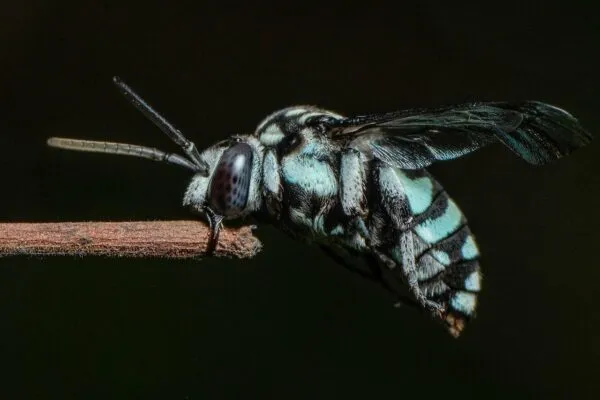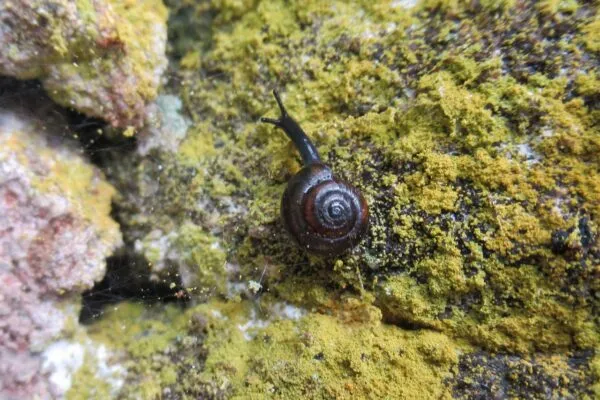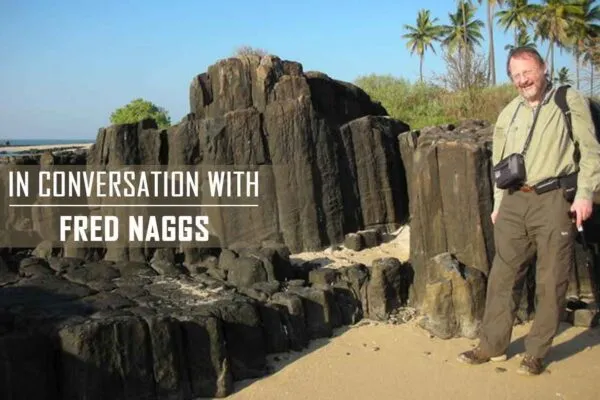A Real-Life Butterfly Effect to Disrupt Monarch Butterfly Population
Milkweed reduction in the US tends to disturb the population of monarch in Mexico
The monarch butterfly (also known as Danaus plexippus) is an incredible pollinator species. The presence of this butterfly is often considered as an indicator of a healthy ecosystem. Monarchs are quite eminent for their wonderful migratory phenomenon. The species happens to travel between 1,200 and 2,800 miles or even more from the United States and Canada to central Mexican forests every year.
The journey takes them more than a month to complete. Less extreme climate conditions suit and offer them a better chance to survive. This milkweed butterfly usually hibernates in the mountain forests or is found scrambling off the trail.
The monarch population has been dropping drastically and as per the experts, the major reasons affecting the population include climate change, habitat loss, and lack of food. Shortage of food in the US tends to affect the population of the species in Mexico! How is this even possible?
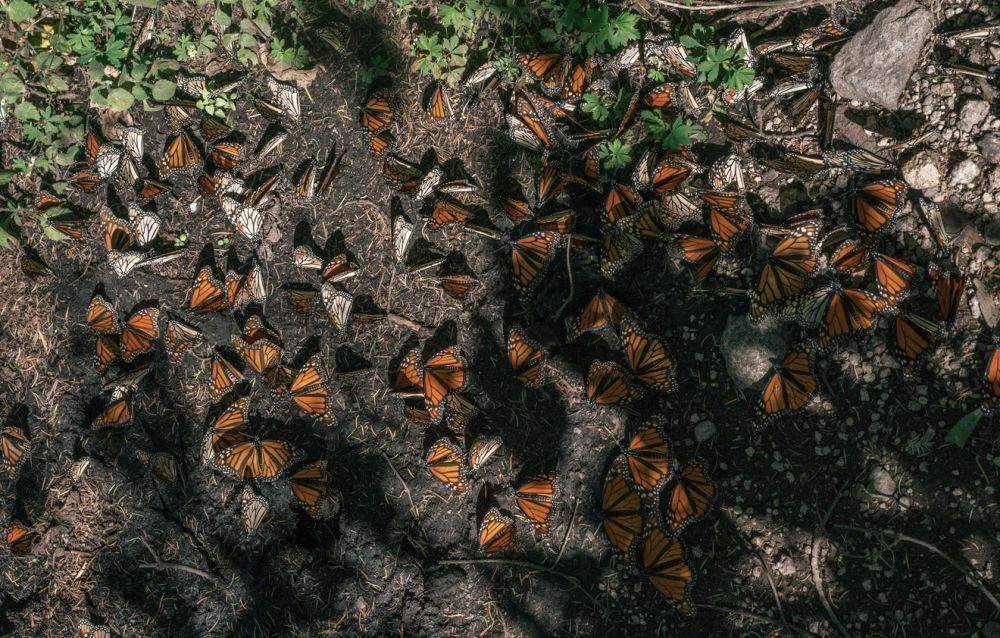
Image: Vox
Are the monarch butterflies facing a real-life butterfly effect of the prominent chaos theory? It is a well-known theory, which suggests that minor changes in the initial stage or conditions can result in a volatile and altered outcome in the future state of that very system. The theory somehow seems apt for the ongoing climate crisis.
As per data from the World Wide Fund for Nature, Mexico has lost more than thousands of monarchs during winters as the reduced grasslands in the US affect their population significantly. Scientists discovered that the decline of the butterflies is linked with the industrial farms in the US as they have ruined the majority of grasslands rich in milkweed, which is the only plant that monarch caterpillars feed on.
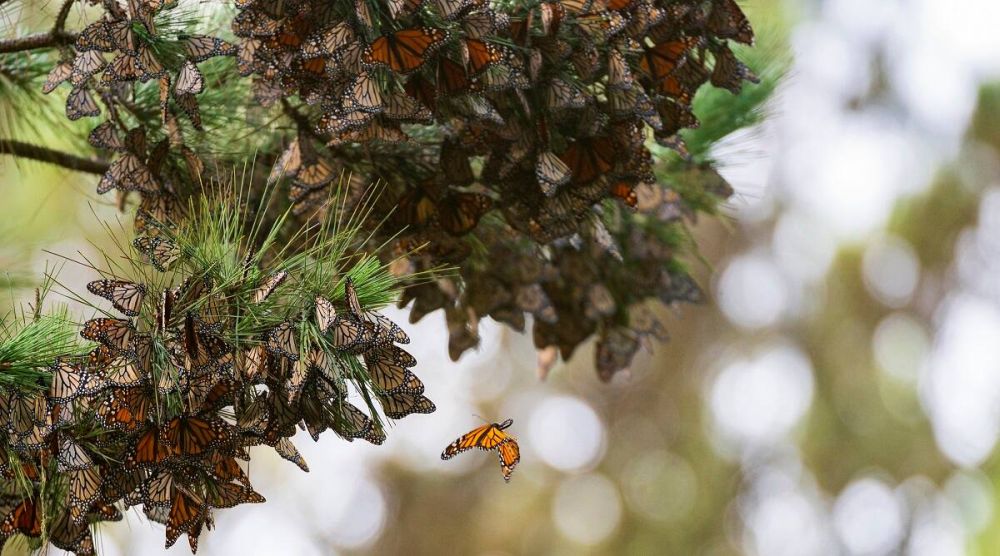
Image: AP
Problems like deforestation, commercial logging are among the major reasons affecting the wildlife including monarchs. Despite, several strict rules and regulations formulated by the government, the monarch population continues to dwindle. Apparently, we need a different and creative approach to safeguard the species!
Via: Vox
